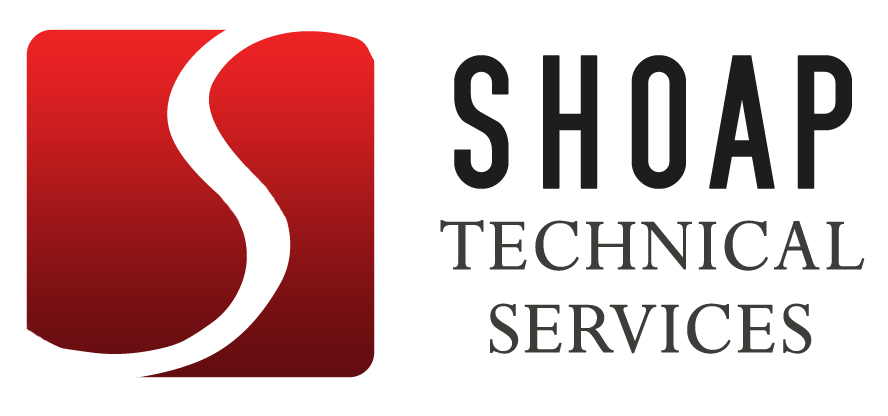As the project headed south in a hurry, a new wrinkle appeared, adding more stress to what was already a stressful situation. My trusty, three year old Windows XP desktop developed a bad case of the crashes. And of course, the crashes came at the most inopportune times: when editing a document to be delivered in minutes or when about to present on the WebEx. Clearly it was just time for a reformat, years of beta builds of software I’ve been documenting and wonky tools for one-off projects leaving their cruft like bad Windows applications are wont to do.
As technical writers, we at Shoap Technical Services feel strongly about words. We feel they hold more power when chosen carefully and used with purpose. We pride ourselves on only writing as much as needed to accurately convey a message, without allowing room for waste.
That’s why we reserve a very special type of hatred for one of those semi-universal annoyances of modern business culture: the e-mail footer disclaimer. It should come as no surprise, then, that we took great pleasure in reading this Economist article explaining exactly how pointless these are. It all boils down to the fact that most of these disclaimers are unenforceable since they seek to impose contractual obligations in a unilateral way.
So please, please, save your bandwidth and mine. Kill the disclaimers.
Recently I’ve been thinking about the different ways we organize our content when we create a document. Most of ours have the usual Table of Contents and Index. Some even have a table of Figures. I’ve even put together the odd document where we’ve been asked to include a Table of Database Entities referencing all queries where a given table was used.
Over at I’d Rather Be Writing, Tom explores some of the interesting ways that content is referenced in a hymnbook (for example, by meter for organists) and suggests a few more value-added ways to list the book’s contents.
Have you ever come up with a novel way of breaking down a documents contents?
If you’re located in the greater Atlanta area and interested in technical writing, instructional design and related fields, you might want to stop by Kennesaw State University on April 14. KSU will be hosting a free workshop on 21st-Century Trends in Publishing and Researching in Writing Studies, followed by a Q+A session on publishing processes for scholarly publications.
Both the workshop and Q+A session will be led by technical writing expert Dr. Amy Koerber, editor of the Technical Communications Quarterly journal and associate professor of Technical Communication and Rhetoric in the English Department at Texas Tech University.
Registration is encouraged! For more information, check out the Georgia Writer’s Association event page at http://events.r20.constantcontact.com/register/event?llr=i6byw7bab&oeidk=a07e3kmu416e936eea6
In technical writing (as well as other areas of life), having a smartphone on me has saved my butt on more than one occasion, and not just for looking up directions to a client site or doing some quick on-the-spot research on some byzantine technical topic that I need to understand.
Quality in Technical Writing
In the twenty-five years we’ve been in business, most of our clients have been easy to work with. They mostly appreciate the work we deliver and seek our advice, what you’d expect from consulting. There are exceptions, of course, but given all the companies we’ve touched over the years, there have been few that we’ve regretted ever having met.
Why We Write
Whenever I can squeeze an hour out of the month, I like to attend the TAG (Technology Association of Georgia) presentations of what they call technology “Rock Stars.” This past week, Val Rahmani from Damballa spoke about her experience moving from almost 30 years at a large corporation to running an internet security start-up.
Click the link below for a perfect example of why it’s important to keep your documents up to date.
http://www.ajc.com/business/delta-apologizes-for-bumping-827880.html
You can now download the PDFZilla application for free. It’s a great tool for document jockeys, writers, and other info workers who need an easy way to convert PDFs to other editable formats. Of course, as with any PDF conversion tool, your mileage may vary, but it sure beats copy-and-paste!

This free download will self-destruct on February 5th, so get it while you can.
Paying Attention to the Details
As technical writers, we notice a lot of things that other people do not. I tend to notice too much because I’m a little too detail-oriented for my own good. But this can help improve whatever product, service, etc. I am documenting.
